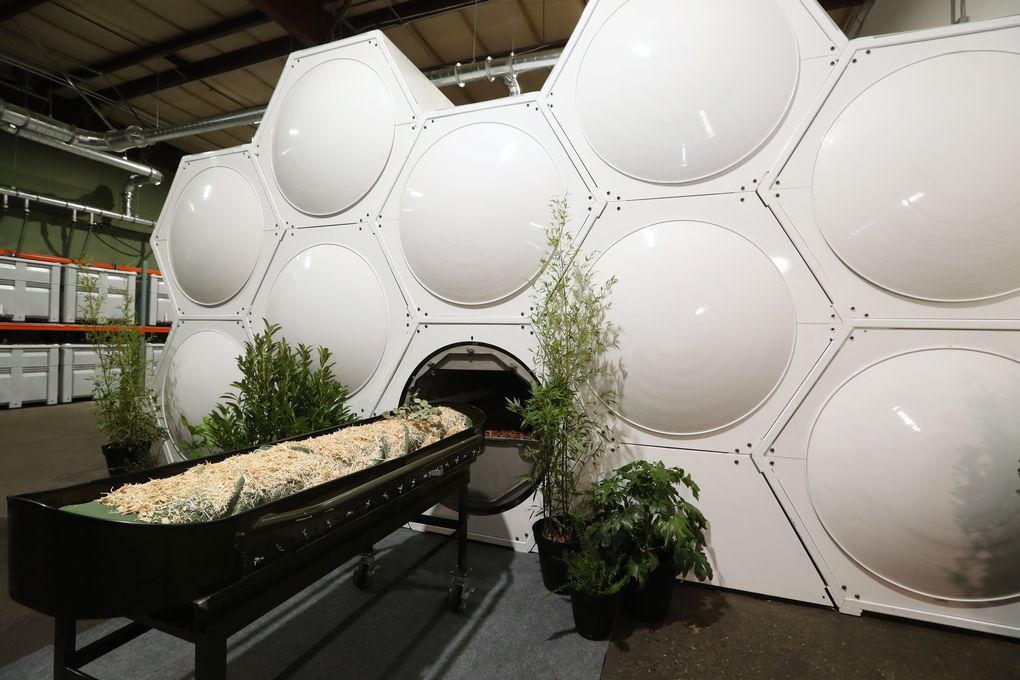I’m taking this class with the firm belief that climate change, and by extension, climate justice, are inseparable from capitalism and the legacy of colonial and imperialist resource extraction.
The Anthropocene documentary we watched in class got me thinking about the role of China as an eco-development state, coined by editors of the book Greening East Asia (Esarey et. al). Regions in East Asia are notorious for being some of the most polluted in the world, yet, paradoxically, within the last decade or so, East Asian countries have developed green energy, technology, and conservation, waste management, and urban design efforts at a scale that far surpasses developed Western countries. I think a lot of this has to do with the fact that resource extraction has by and large happened within their own countries, so the costs of industrialization are borne by the domestic populations themselves. What would environmental policy look like in Western countries (including Scandinavia) if so much environmental destruction wasn’t externalized onto other parts of the world, or onto marginalized domestic populations?

A group of older Chinese ladies practicing taichi amidst heavy air pollution
I thought that the documentary presented a complicated history of Mao’s poor environmental policies as one of the single greatest contributors to climate change in order to attempt to lift the masses out of poverty. What would a documentary that centered Indigenous movements in North America look like? Would it discuss the impact of the near extinction of bison, hunted by white colonizers as part of their ‘Indian Removal Policy’, from 10 million to just over 300 within a couple decades (Phippen, 2021)?

A wall of stacked American bison skulls in the mid-1870s
Ultimate mass extinction might be inevitable unless radical change happens. Honestly, I can’t realistically foresee a timeline in our current reality past 2050, which is in 30 years. Who gets to live and who do the powerful let die? I have to believe that the earth will heal itself eventually, but what will happen between then and the more current future we are headed into?
Citations:
- Bradshaw, S., Richards, J., Kyriacou, S., Gabbay, A., Ostby, M., Cassini, S., Steffen, W. L., Ellis, E., Zalasiewicz, J. A., Revkin, A., McNeil, J., Gonzalez, M. B., Odada, E. O., Vidas, D., Steffen, W. L. (William L. ., & Odada, E. O. (Eric O. (2016). Anthropocene. [Distributed by] Bullfrog Films.
- Esarey, A., Haddad, M. A., Lewis, J. I., & Harrell, S. (2021). Greening East Asia: The rise of the eco-developmental State. University of Washington Press.
- Magazine, S. (2012, July 17). Where the Buffalo no longer roamed. Smithsonian.com. Retrieved October 16, 2022, from https://www.smithsonianmag.com/history/where-the-buffalo-no-longer-roamed-3067904/
- Meyer, R. (2017, March 21). How climate change covered China in Smog. The Atlantic. Retrieved October 16, 2022, from https://www.theatlantic.com/science/archive/2017/03/how-climate-change-covered-china-in-smog/520197/
- Phippen, J. W. (2021, June 7). “Kill every buffalo you can! Every buffalo dead is an Indian gone”. The Atlantic. Retrieved October 16, 2022, from https://www.theatlantic.com/national/archive/2016/05/the-buffalo-killers/482349/


